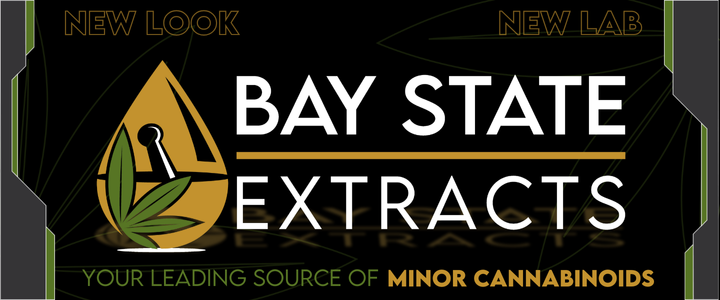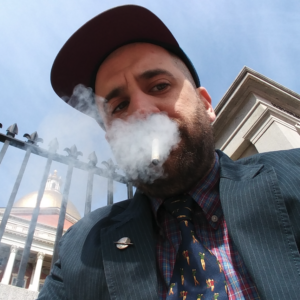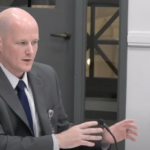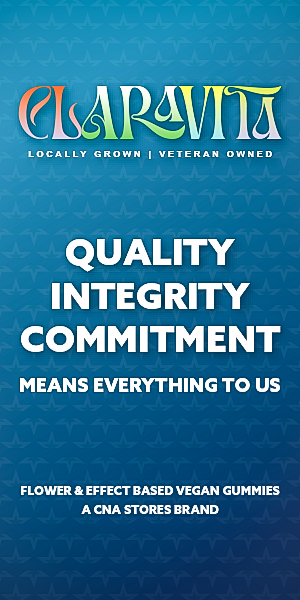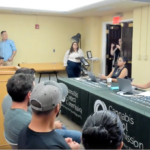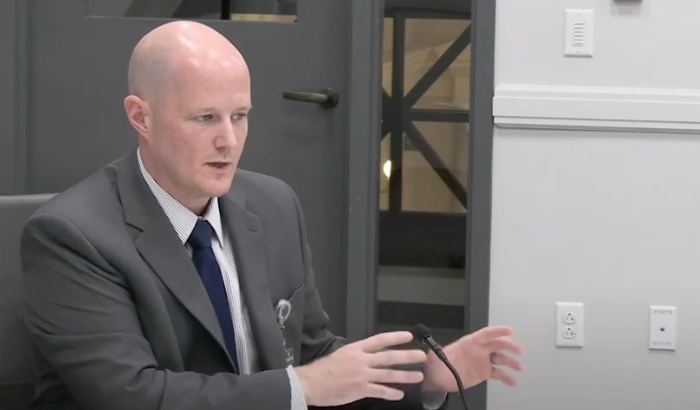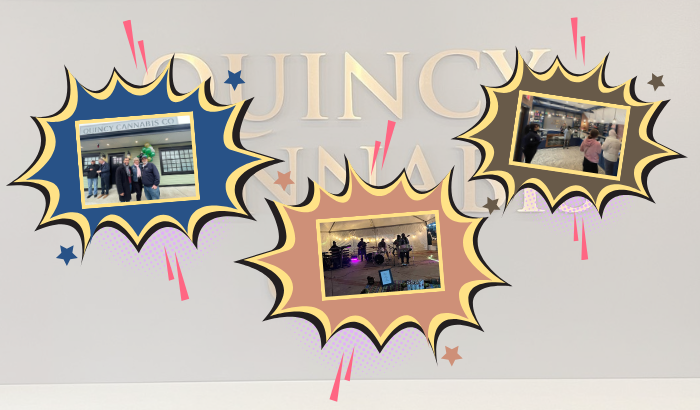
“I think cannabis customers are looking to get educated and recruited to become advocates for a sustainable, enjoyable, responsible lifestyle and marketplace.”
The main objective of Hellyeah Industries has always been to “unite various cultural and artistic disciplines” on an “efficient platform” in order to “cultivate fresh ideas.”
For a long time, that meant helping brands of all kinds show off at big music festivals and other major cultural events. But for the past two years, most of the fresh ideas that Hellyeah founder Travis Hellyer has cultivated are in cannabis.
And while his company started in California, where Hellyer worked in marketing for more than two decades, these days he is in the commonwealth. And if he hasn’t already facilitated a dispensary popup in your region, chances are there is one in the works.
We asked him a few questions about the events he’s throwing from the Berkshires to Brockton.
So you are something of a popup guru in the Mass cannabis industry. Who are you and what is your company?
I am a COVID refugee living on Cape Cod. My company is Hellyeah Industries and we build sustainable, responsible, and profitable—but most of all, enjoyable—consumption events.
How does your background in the music industry spill into what you’re doing now?
Being able to unite my network from the music industry with my network from the cannabis industry, blending all that and collaborating with friends in the technology industry, has allowed me to create value for cannabis brands.
Let’s start with the difficult part—what are the biggest restrictions and what can you not do?
[Other than the obvious, that you can’t consume at dispensaries], the biggest restrictions are around messaging and promoting. You cannot advertise that there will be cannabis consumption on site.
What are you mostly hearing from dispensaries that they want? Sales? Traffic? Brand awareness?
They need brands that are willing to invest and support the sales and marketing of their products. My dispensary partners know they need to align with brands that fit the values of the dispensary’s customers. They also need help being able to manage the discovery of those new innovative cannabis brands. But most importantly, the dispensary needs help launching the brands and growing those brands to their retail strategy effectively.
Just as important, what do customers and cannabis consumers want?
An authentic, compelling, premium Massachusetts cannabis brand. I think cannabis customers are looking to get educated and recruited to become advocates for a sustainable, enjoyable, responsible lifestyle and marketplace.
What kind of experiences are you able to deliver considering all the restrictions?
I don’t think the restrictions affect the quality of the community and culture that we can create at events.
Any popups that you’ve done so far that especially stand out as something you’d like to do more of?
I think the events that we are building with Quincy Cannabis and Paper Crane Cannabis have been some of the best and most effective so far. We had Mikey’s Tin Pan, a reggae five-piece play on a Thursday night under a tent off to the side of the parking lot. At one time, the line to get in was like 30 cars deep. Quincy has a robust cannabis community and with live music in the lot, people would go in, buy, and then watch the band for 20 minutes before they got back in their car.
What’s the event that you have coming up later this month in Quincy? How will it work exactly?
The event on Oct. 28 is a celebration for Paper Crane and their current harvest. There will be unique Paper Crane bundles offered all day at Quincy Cannabis. We have a band that Boey Bertold, the head of cultivation and head of Paper Crane, is bringing. He’s also a sick studio drummer and is playing with Jimmy Trees and the BossTown Heavy.
What have you learned in your work with recreational pot shops that you think could help inform the conversation around regulating social consumption, which the Cannabis Control Commission is now taking up?
I think it all comes down to communication and accountability and transparency. Let’s create a framework that we can all effectively and responsibly participate in.


